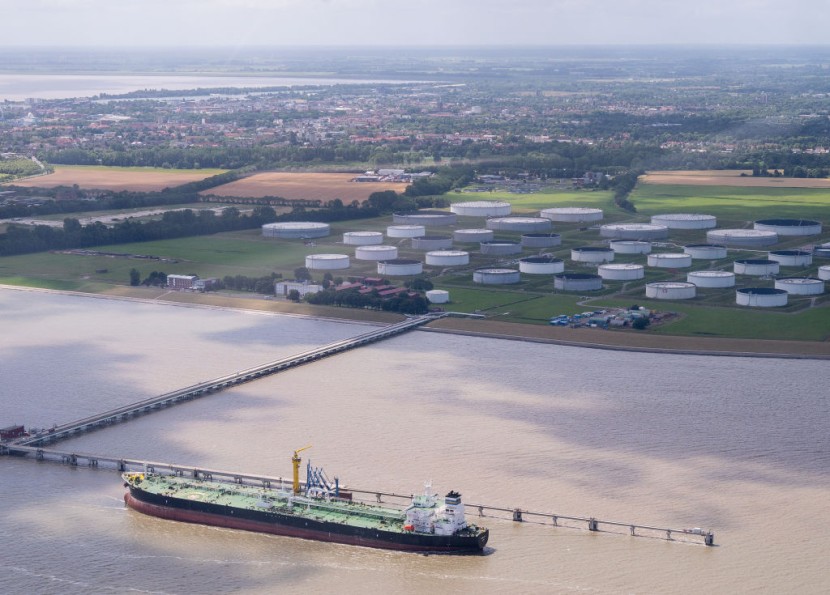
US media reports that instead of going down, Moscow's oil revenue only earned more despite sanctions. The oil demand has surged as buyers and traders allow Russia to ignore punitive measures imposed by Washington and its allies.
Economic Sanctions Increased Demand for Russian Energy
According to a Wall Street Journal report published last Monday, oil demand from a number of the world's biggest economies will have allowed Russia to offload nearly as much petroleum as it did before the Ukraine war and successive sanctions.
Western nations unwittingly caused rising oil prices to reach $100 per barrel, allowing Russia to profit from skyrocketing oil earnings. The United States and its allies now pay significantly more than preferred Kremlin customers, which they do not have, reported RT.
According to Elina Ribakova, deputy chief economist at the Institute of International Finance, the Kremlin is laughing at the bank's earning billions.
In July of this year, oil and gas sales increased by $97 billion, with crude oil sales rising by $74 billion. According to data from the International Energy Agency, Russia provided the world market with 7.4 million barrels of crude and byproducts like gasoline and diesel per day in July alone for Moscow oil revenue. Only about 600,000 barrels per day have been lost since the beginning of the year.
One US media outlet cites oil traders, former Russian industry executives, as well as shipping officials. Russian energy exports have been expanding rapidly as the state has successfully located new buyers, modes of payment, brokers, and innovative methods to finance exports.
Analysts and former energy executive Sergey Vakulenko added that no one is courageous enough to enforce an embargo on the 7.5 million barrels of Russian oil and oil products shipped daily.
A decision by Washington and its allies in the Pacific to stop purchasing Russian oil and receive less, which they believed would be a fatal blow to Putin, had a disastrous effect on them due to inflation and energy shortages. But Asia and the Middle East welcomed the energy and abstained from getting grounded by expensive gas and oil, to the chagrin of Joe Biden and Western leaders.
Some pundits would say it was coming because they thought they could force other nations to follow suit, from almost no Russian oil imports by Indian companies to nearly a million barrels per day. Indian Oil, a state-owned company, and Rosneft entered a contract to guarantee supplies through 2028.
According to a media report that included Evgeny Gribov, a former executive at Lukoil PJSC, Russian oil will now enter markets like China, India, and others.
France Blames Russia of Weaponizing Gas
Following news of a decrease in Russian supplies to France, French Energy Minister Agnes Pannier-Runacher last Tuesday accused Moscow of using its energy exports as leverage, citing Azerbaycan 24.
She continued that Russia is using gas as a weapon of war, and we must be ready for the worst-case situation of a total supply chain disruption.
EU governments are attempting to fill up gas storage to avoid supply problems during the fast heating season. Any supply inadequacies from Russia, which is still a major gas source for the bloc, are met with growing concerns.
US media WSJ remarked that Moscow's oil revenue has increased due to sanctions on Russia that will backfire on the West, which is happening now.
Related Article: Moscow Expands Asian Trade for Key Oil Product








